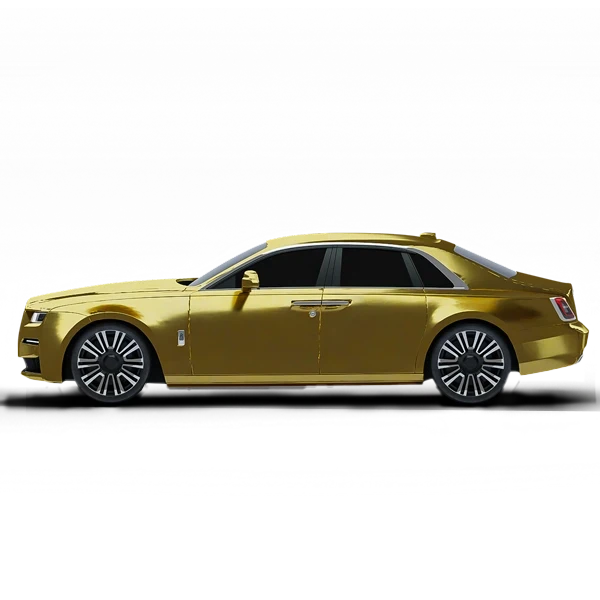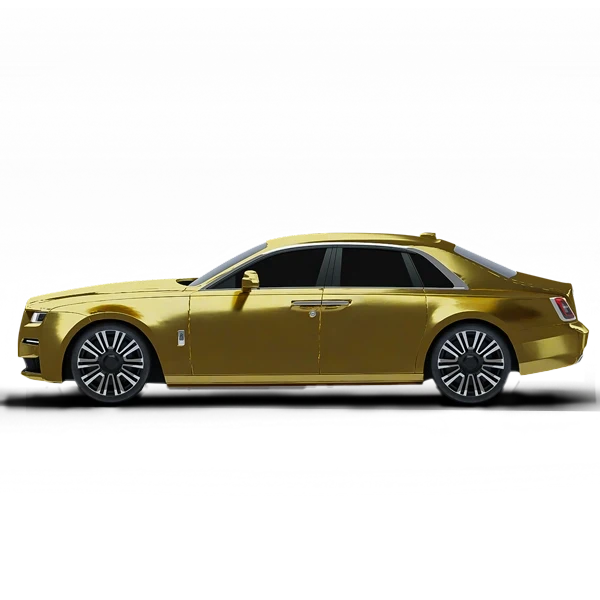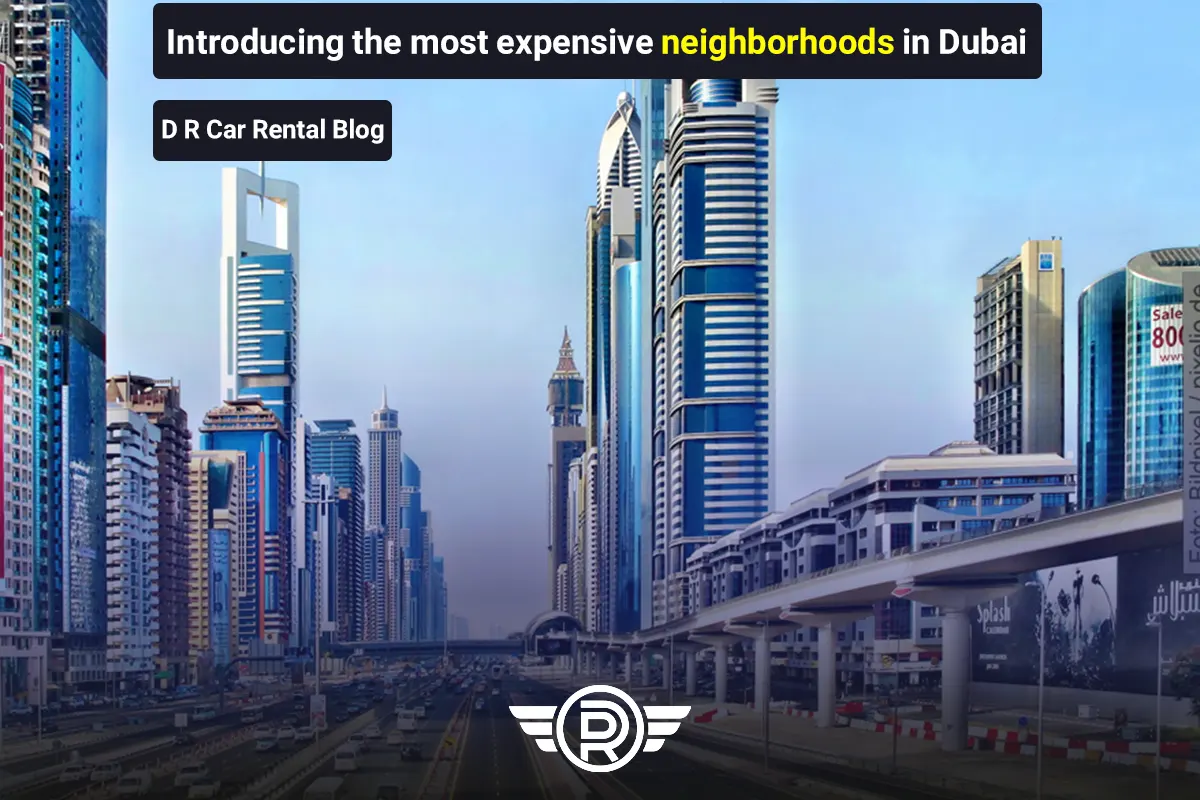2025 Tourist’s Guide: Essential Cultural Etiquette for Renting Cars in Dubai
One of the popular ways to explore the city of Dubai is by renting a car. However, before getting behind the wheel, it’s important to Essential Cultural Etiquette for Renting Cars in Dubai . for car rental in Dubai. Being aware of these points not only helps you travel with respect for the local culture but also prevents legal and cultural issues from arising.
Cultural sensitivity not only enhances your travel experience but also fosters goodwill between visitors and residents. The Emirati culture, rooted in Islamic traditions and values, shapes daily life in Dubai. Tourists should strive to understand and respect these customs, as this appreciation promotes positive interactions and enriches the journey. This comprehensive guide covers essential cultural etiquette for tourists renting cars in Dubai, including practical tips, driving behaviors, local customs, and more.
Understanding Dubai’s Culture
To navigate the streets of Dubai effectively, tourists should first gain an understanding of its rich cultural landscape. Recognizing key aspects of Emirati culture can lead to more meaningful interactions and a deeper appreciation for the city:

- Islamic Values: The UAE is an Islamic nation where laws and customs are influenced by Islamic principles. Understanding the significance of Ramadan, the five daily prayers, and the importance of modest behavior in public is essential for tourists. For instance, during Ramadan, visitors should refrain from eating, drinking, or smoking in public from dawn until sunset, as a sign of respect for those observing the fast.
- Respect for Tradition: While Dubai embraces modernity, it is vital to respect its traditional customs. Emiratis take pride in their heritage, and tourists should appreciate the significance of cultural events and practices, such as Eid celebrations, which are marked by family gatherings and communal prayers.
- Hospitality and Generosity: Emiratis are known for their warm hospitality. Engaging in polite conversation, offering a smile, and showing appreciation can help foster positive interactions. A simple “thank you” in Arabic (“shukran”) or greeting locals with “As-salamu alaykum” (peace be upon you) demonstrates respect and can lead to a friendlier atmosphere.
- Diverse Population: With a large expatriate community, Dubai is home to people from various cultures and backgrounds. Respecting differences in customs and practices among nationalities can enrich your travel experience. Be open to learning about and embracing these cultural differences, whether it’s through trying new foods or participating in local festivities.
With Diyar Rent, enjoy an unparalleled car rental experience in Dubai! We offer a wide range of high-quality vehicles, competitive prices, and reliable support services to be your trusted travel companion.
Renting a Car: Practical Tips
Renting a car is a convenient way to explore Dubai, but understanding the process and local driving culture is essential for a positive experience:
- Choose a Reputable Rental Company: Selecting a well-established rental agency with a strong reputation for customer service can make a significant difference. Research reviews, ask for recommendations, and check for hidden fees. Popular rental companies include Hertz, Avis, and local firms like Thrifty and Dollar. Look for companies that offer comprehensive insurance options and 24/7 customer support.
- Know the Rental Requirements: Familiarize yourself with the necessary documentation required to rent a car. Typically, you’ll need a valid driver’s license, an International Driving Permit (IDP) if your license is not in English, and a credit card for security deposits. Some rental companies may also request proof of insurance. Make sure to read the rental agreement carefully to understand the terms and conditions

- Understand Local Traffic Laws: Dubai has specific traffic laws that may differ from those in your home country. Familiarize yourself with speed limits, which are strictly enforced, and be aware of the fines associated with violations. Knowing how to navigate roundabouts, traffic lights, and pedestrian crossings will contribute to a safer driving experience.
- Select the Right Vehicle: Choose a vehicle that suits your travel needs. Consider factors such as the size of your travel group, the type of terrain you’ll be driving on (urban versus desert), and your budget. Popular options range from compact cars for city driving to SUVs for excursions into the desert. Some rental companies also offer luxury vehicles for those looking to make a statement.
- Inspect the Vehicle: Before driving off, conduct a thorough inspection of the rental vehicle. Check for any pre-existing damages, tire condition, and fluid levels. Document any issues with photos and report them to the rental company to avoid being charged for damages you did not cause. It’s also a good practice to familiarize yourself with the vehicle’s features, including GPS, air conditioning, and safety systems.
Driving Etiquette
Once you’ve rented your car, adhering to local driving etiquette is crucial for ensuring safety and respecting the rules of the road:
- Obey Traffic Signals and Signs: Dubai has a well-organized traffic system, but it’s vital to obey traffic signals and signs. Disregarding these can result in severe penalties. Familiarize yourself with common traffic signs, such as “stop,” “yield,” and speed limit indicators. Pay particular attention to electronic boards that display real-time traffic information and updates.
- Use Turn Signals: Indicating your intentions when changing lanes or turning is a simple yet effective way to communicate with other drivers. This practice not only promotes safety but also demonstrates respect for fellow road users. Failing to use turn signals can lead to misunderstandings and potential accidents.
- Maintain Safe Distances: Keeping a safe distance from the vehicle in front of you is crucial. Tailgating is not only dangerous but also discouraged in Dubai. Allow ample space to react to sudden stops or emergencies. A good rule of thumb is to maintain at least a three-second gap between your car and the one in front of you.
- Yield to Pedestrians: Pedestrian safety is paramount in Dubai. Always yield to pedestrians at crosswalks, and be cautious in areas with high foot traffic, such as shopping malls and tourist attractions. Showing consideration for pedestrians reflects well on your respect for local customs. Keep an eye out for children and elderly pedestrians, as they may need extra time to cross.
- Avoid Aggressive Driving: Aggressive driving behaviors, such as weaving in and out of lanes, excessive honking, or road rage, are discouraged. Practice patience and composure while driving. If you encounter aggressive drivers, it’s best to stay calm and avoid confrontation. If someone is tailgating you, it’s safer to change lanes and let them pass rather than engage in a dangerous situation.

Dealing with Local Customs
Cultural etiquette extends beyond driving behaviors. Understanding local customs will enhance your interactions with residents and fellow tourists:
- Be Mindful of Prayer Times: The UAE observes five daily prayers, and during these times, some businesses may close temporarily. Be respectful by being patient and waiting for shops or services to reopen. Familiarizing yourself with prayer times can help you plan your day accordingly. Consider visiting cultural or religious sites during these times to witness local practices.
- Avoid Public Displays of Affection (PDA): While Dubai is more liberal than some neighboring countries, public displays of affection are still frowned upon. To show respect for local customs, keep affectionate gestures to a minimum in public spaces. This includes refraining from kissing, hugging, or holding hands in public areas.
- Respect Local Norms Regarding Alcohol: Drinking alcohol is only permitted in designated areas, such as hotels and licensed restaurants. Public intoxication is strictly prohibited, and penalties for drinking and driving are severe. Always consume alcohol responsibly and within legal limits. If you plan to drink, arrange for a designated driver or use a taxi or ride-sharing service.
- Engage with Local Culture: Taking the time to engage with local customs and traditions can enhance your travel experience. Participate in cultural events, visit local markets, and try traditional foods. Learning a few basic Arabic phrases can also foster goodwill. Consider visiting museums and cultural centers to gain deeper insights into Emirati history and customs.
Navigating the City: Essential Tips
Exploring Dubai by car opens up numerous possibilities, but being aware of essential tips can make your experience more enjoyable:
- Plan Your Routes: Dubai has a vast road network, and traffic can be heavy during peak hours. Use GPS or navigation apps to plan your routes and avoid congested areas. Apps like Google Maps provide real-time traffic updates, helping you adjust your travel plans. Consider exploring less touristy routes to discover hidden gems within the city.
- Parking Regulations: Familiarize yourself with parking regulations, as illegal parking can result in fines. Many shopping centers and attractions offer designated parking areas, but it’s important to check for payment requirements and parking restrictions. Some areas may require a parking permit, so look for signs indicating regulations. Additionally, some hotels offer valet parking services for added convenience.
- Utilize Toll Roads Wisely: Dubai operates a toll system known as Salik. Ensure your rental vehicle is equipped with a Salik tag to avoid fines. Familiarize yourself with toll routes and fees to budget your travel expenses accordingly. The Salik system is convenient for avoiding congestion in busy areas. Look for Salik toll gates, as they are clearly marked.
- Know Emergency Contacts: Familiarize yourself with emergency numbers, such as 999 for police assistance and 998 for ambulance services. If you encounter any issues while driving, knowing whom to contact can be invaluable. It’s also helpful to have the contact information of your rental company on hand in case of emergencies or roadside assistance needs.

Understanding Local Driving Conditions
Driving in Dubai can be a unique experience due to its distinctive environment and road conditions:
- Desert Driving Considerations: If you plan to venture into the desert, ensure that your rental vehicle is suitable for off-road driving. Familiarize yourself with desert driving techniques, such as maintaining steady acceleration and avoiding sudden stops. It’s also wise to travel with a group or hire a guide if you’re unfamiliar with desert terrains. Always carry sufficient water and supplies for safety.
- Weather Considerations: Dubai experiences extreme heat during the summer months, making it essential to ensure your vehicle’s air conditioning is functioning correctly. Check fluid levels and tire pressure regularly. Additionally, avoid leaving children or pets in the car during hot weather, as temperatures can soar rapidly. Understanding how heat affects driving conditions, such as reduced visibility, can enhance your safety on the road.
- Nighttime Driving Precautions: Driving at night can be different from daytime driving. Be extra cautious of pedestrians, cyclists, and wildlife in more rural areas. Ensure your headlights are functioning properly and adjust your speed according to visibility. Avoid driving tired, as fatigue can impair reaction times and judgment.
final word
Dubai is a modern and cultural city that combines tradition and innovation. Renting a car in this city provides a convenient and flexible way to explore, but for a safe and enjoyable experience, you should be familiar with Dubai’s driving laws, cultural etiquette, and weather conditions. Respecting Islamic values, following traffic rules, and paying attention to local culture are key to a successful and memorable trip in Dubai.







































 Rolls Royce
Rolls Royce Lexus
Lexus Lamborghini
Lamborghini Porsche
Porsche Ferrari
Ferrari Toyota
Toyota Mercedes Benz
Mercedes Benz BMW
BMW Land Rover
Land Rover Bentley
Bentley Nissan
Nissan Cadillac
Cadillac Audi
Audi Chevrolet
Chevrolet GMC
GMC Hyundai
Hyundai Kia
Kia Mazda
Mazda